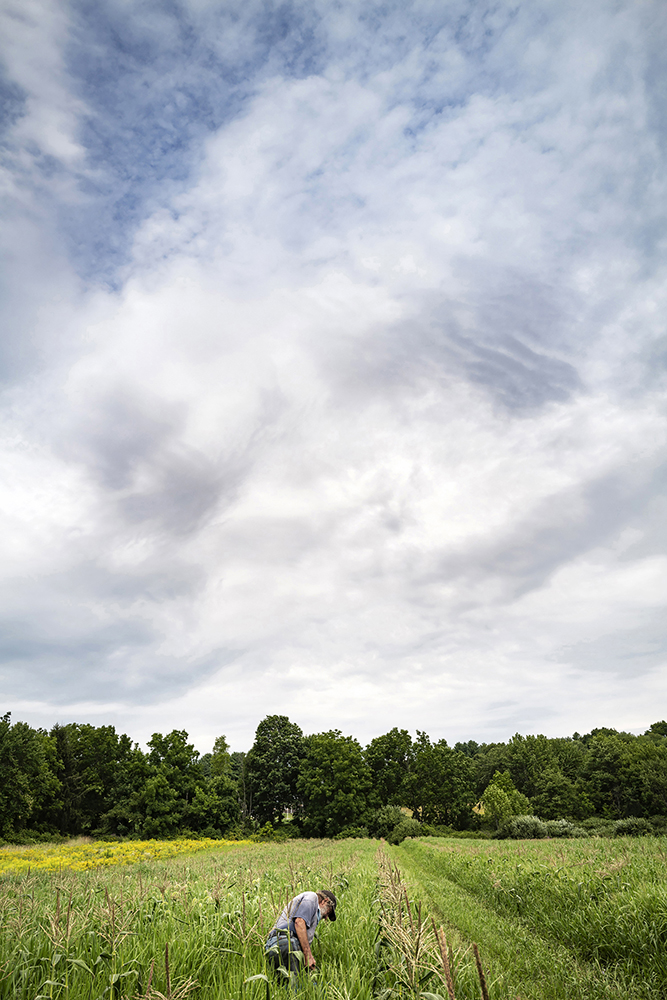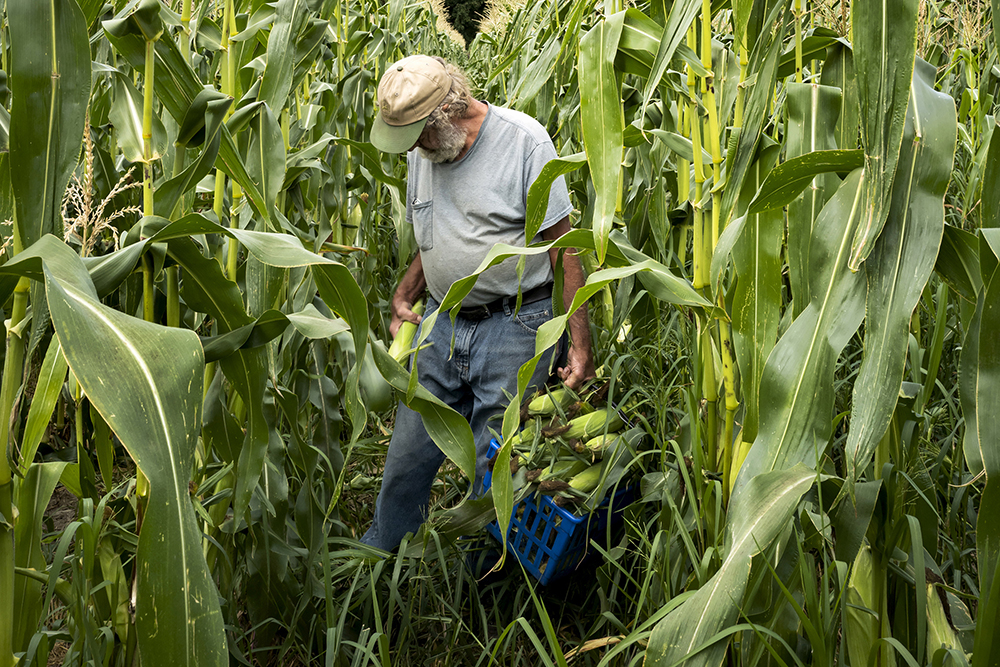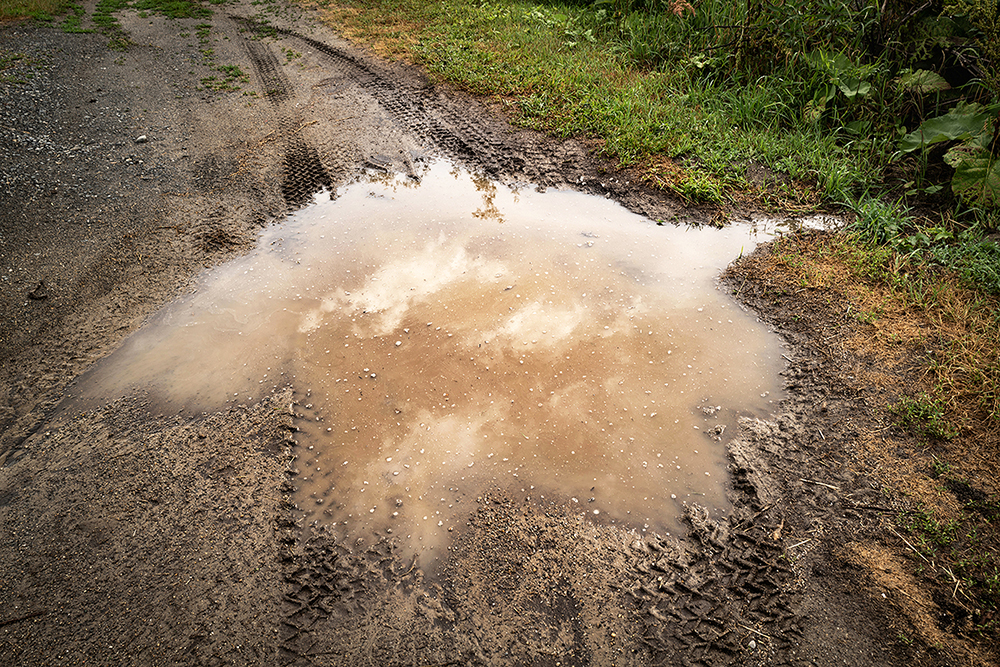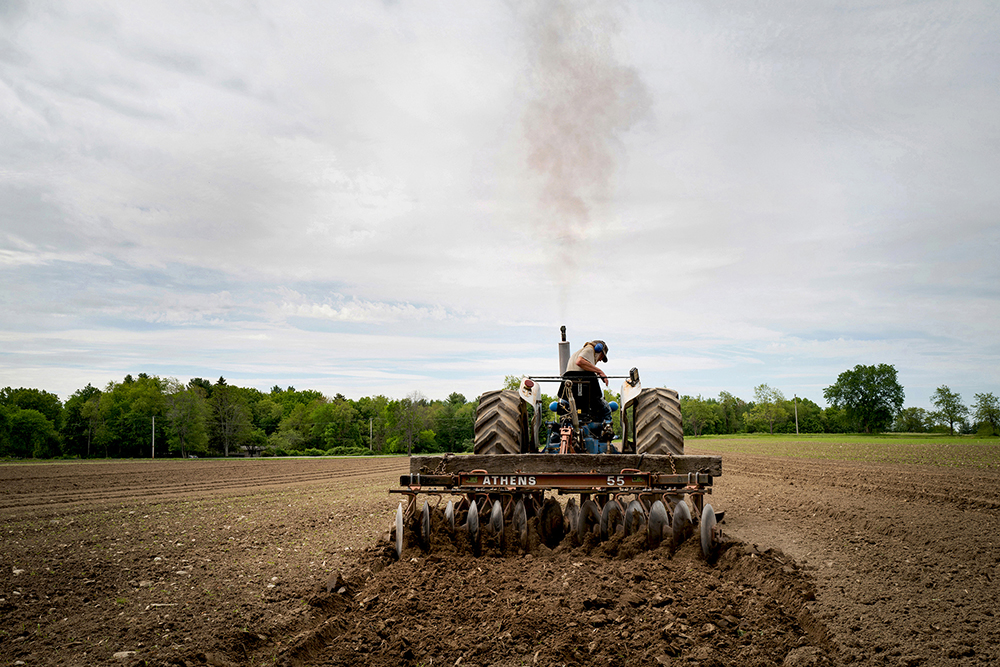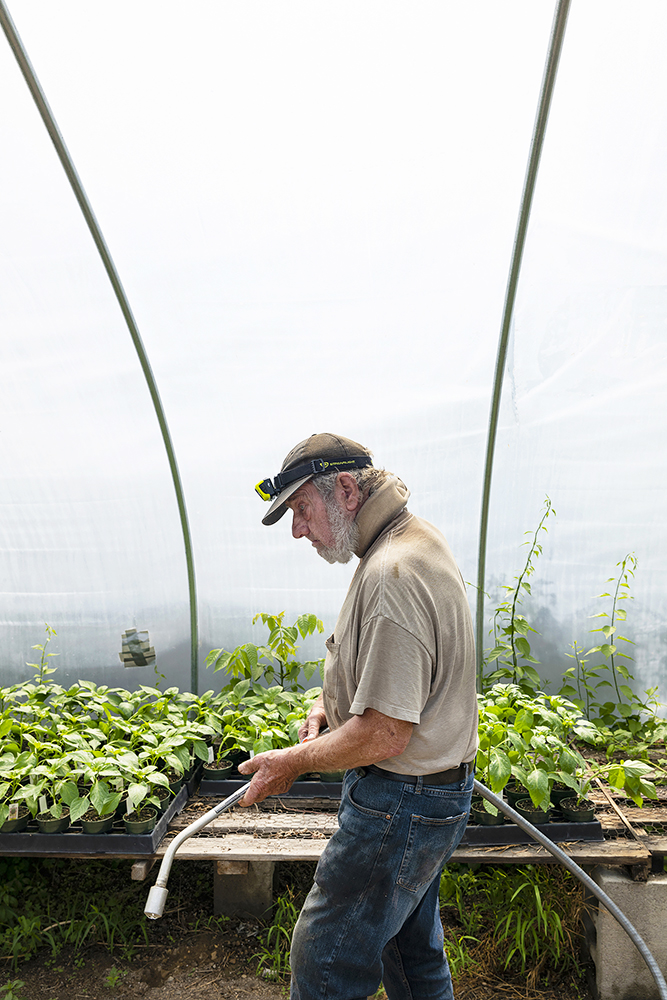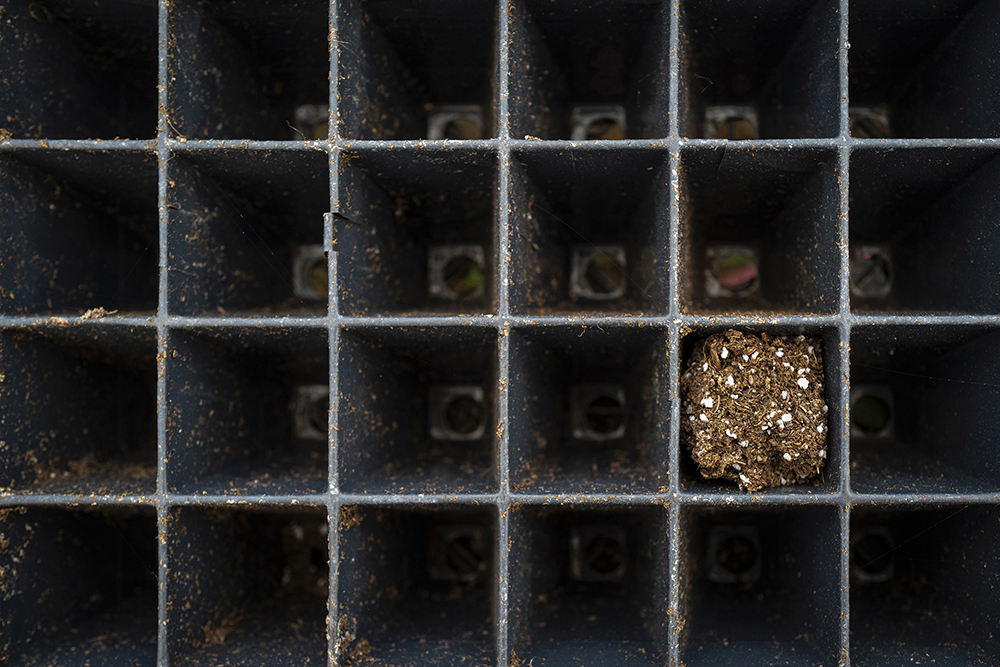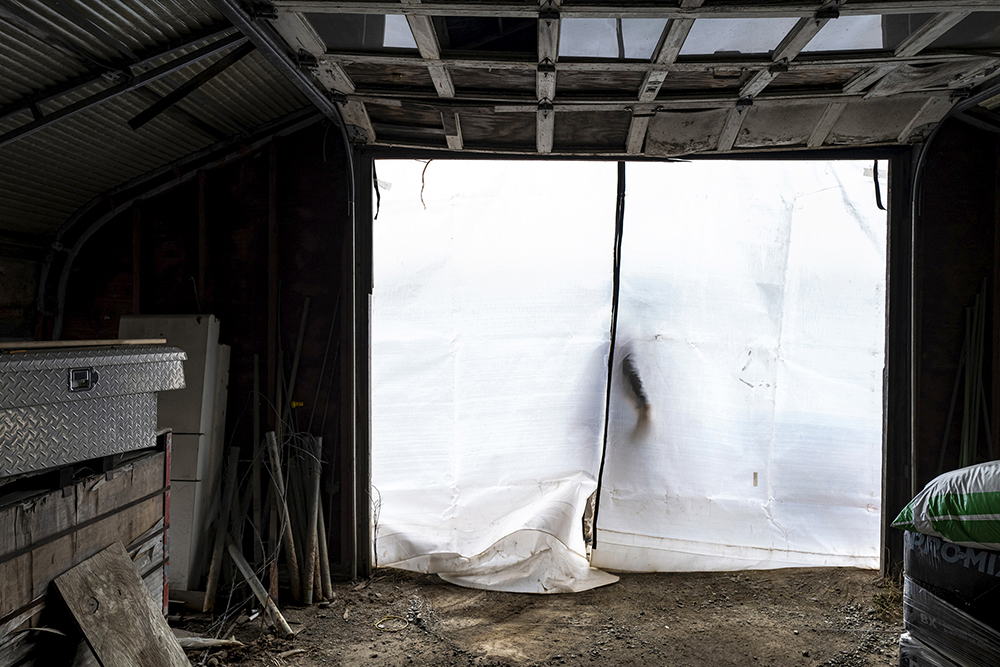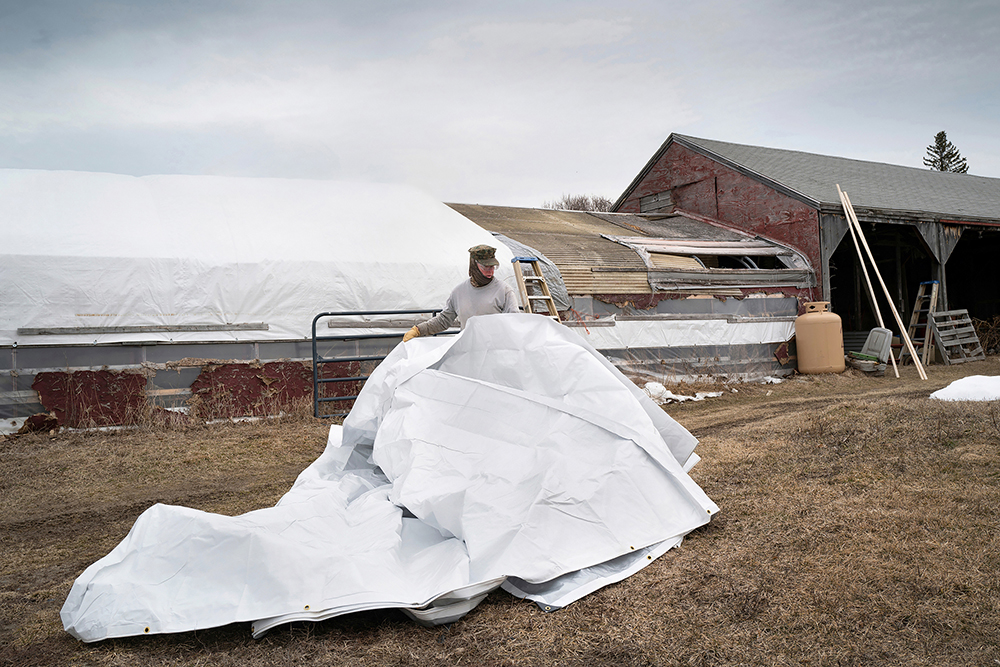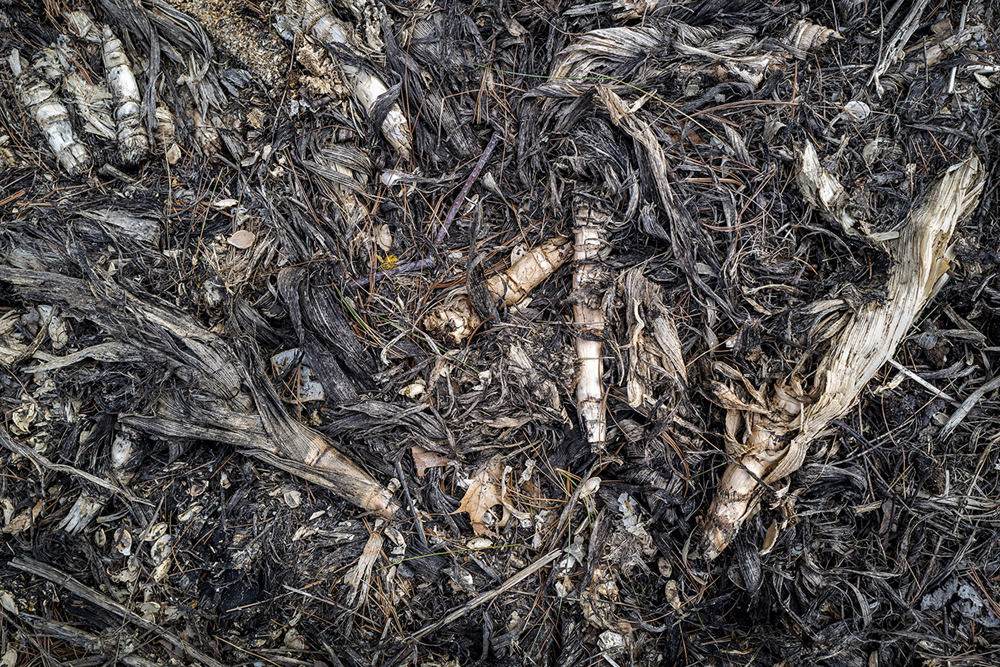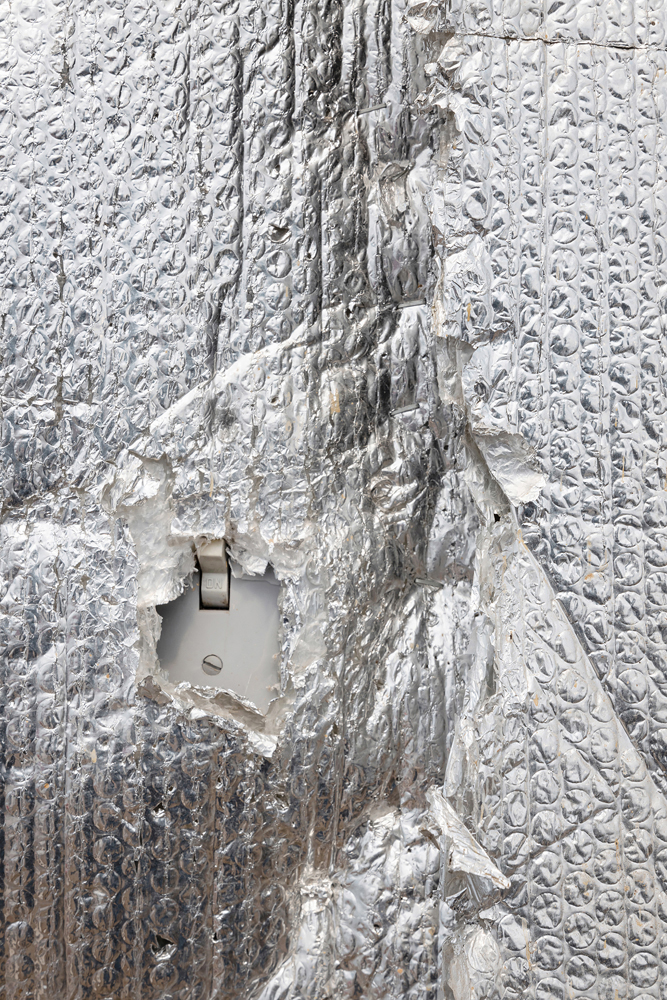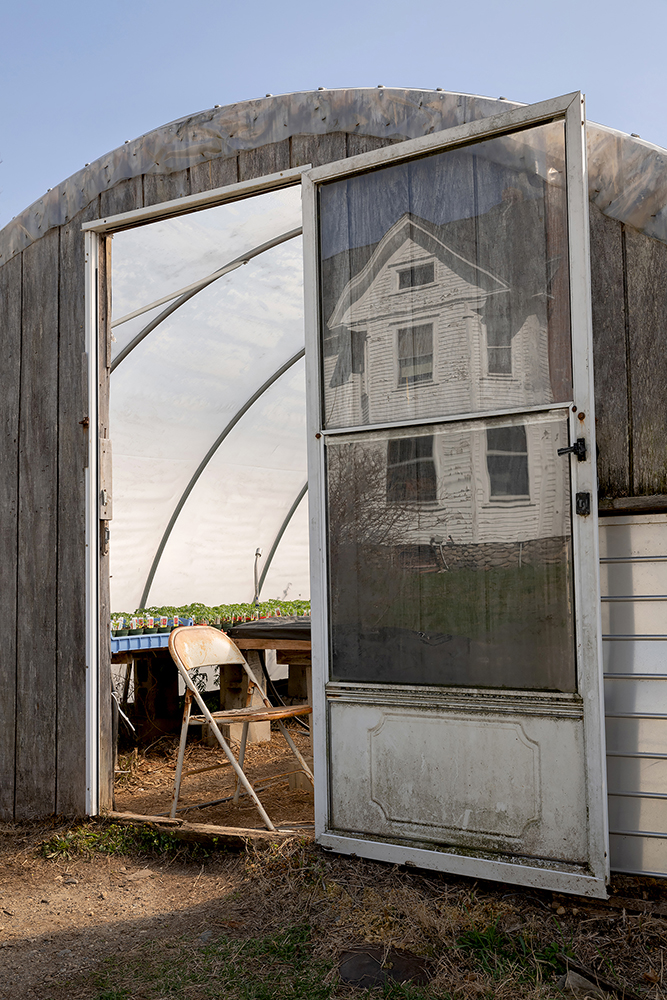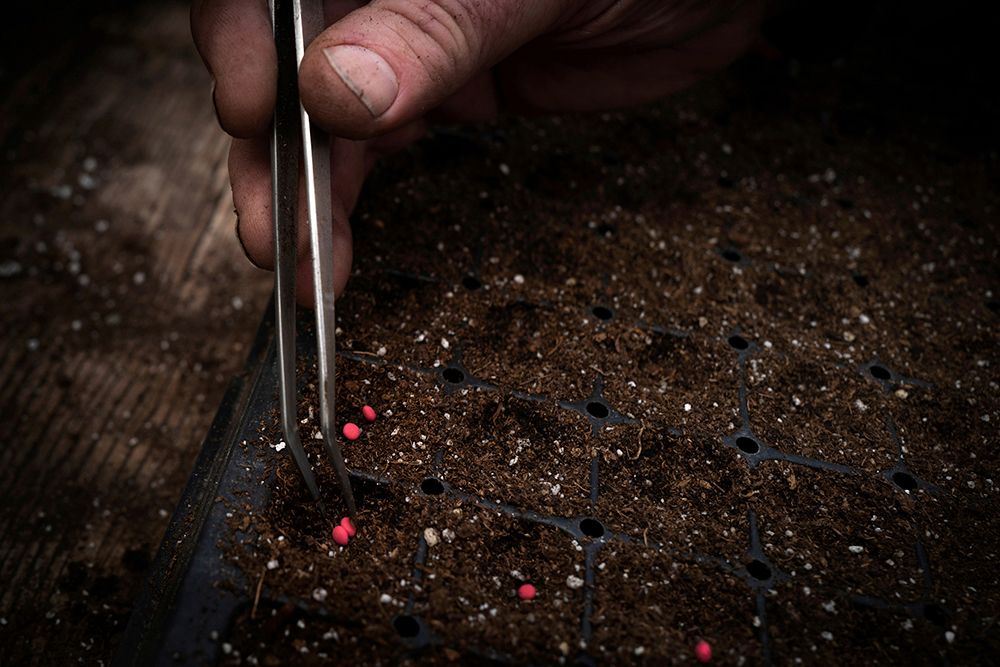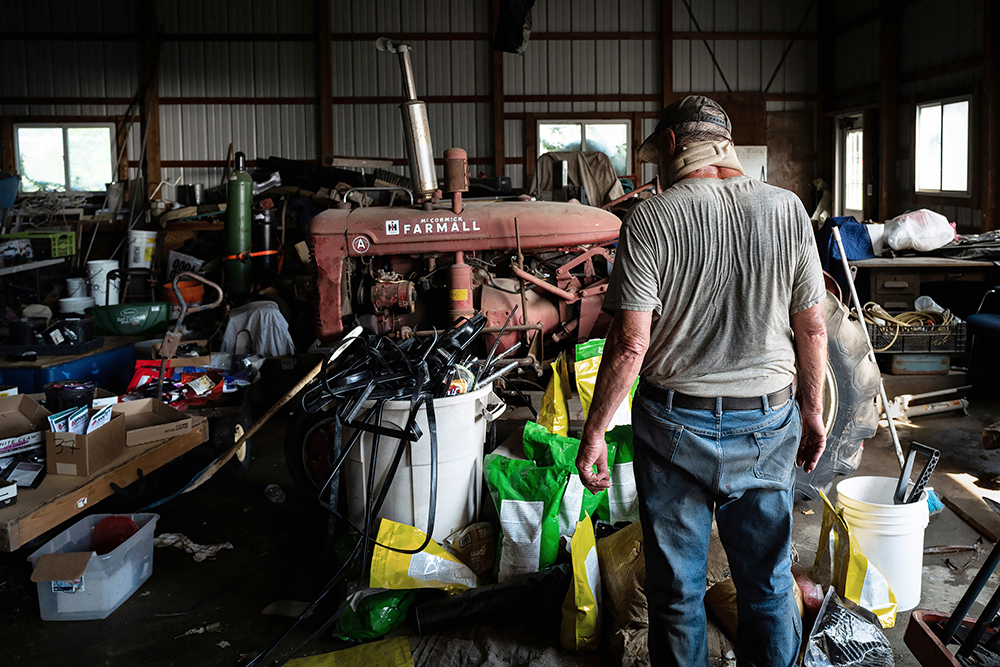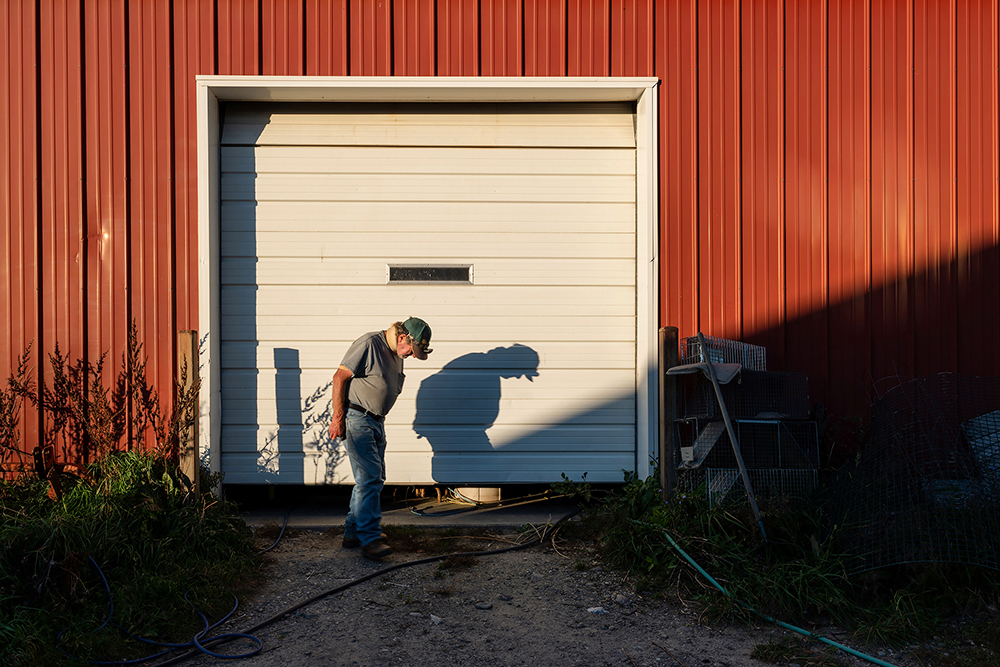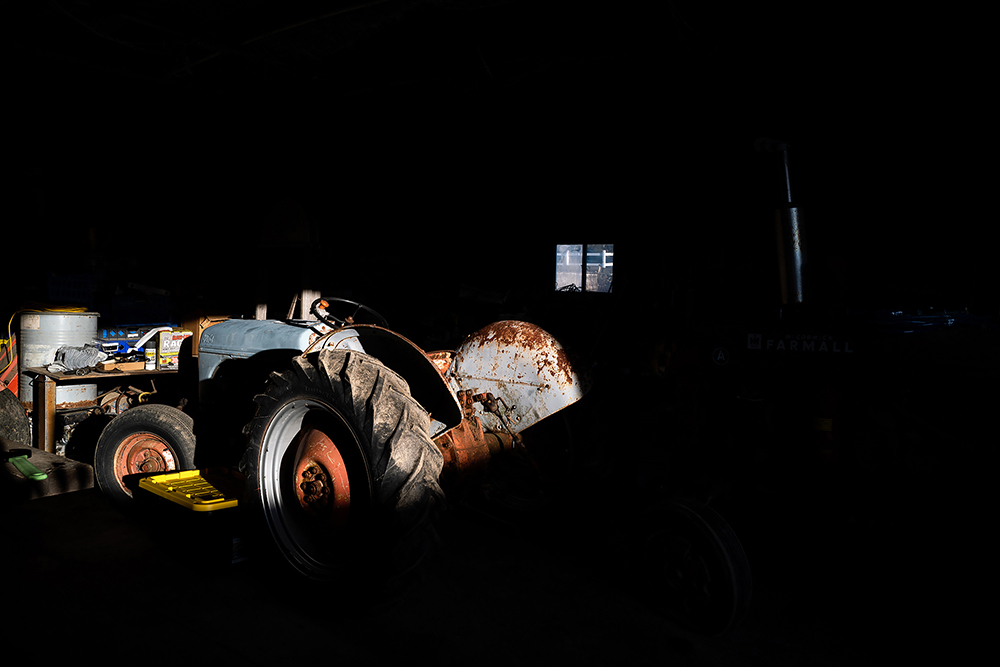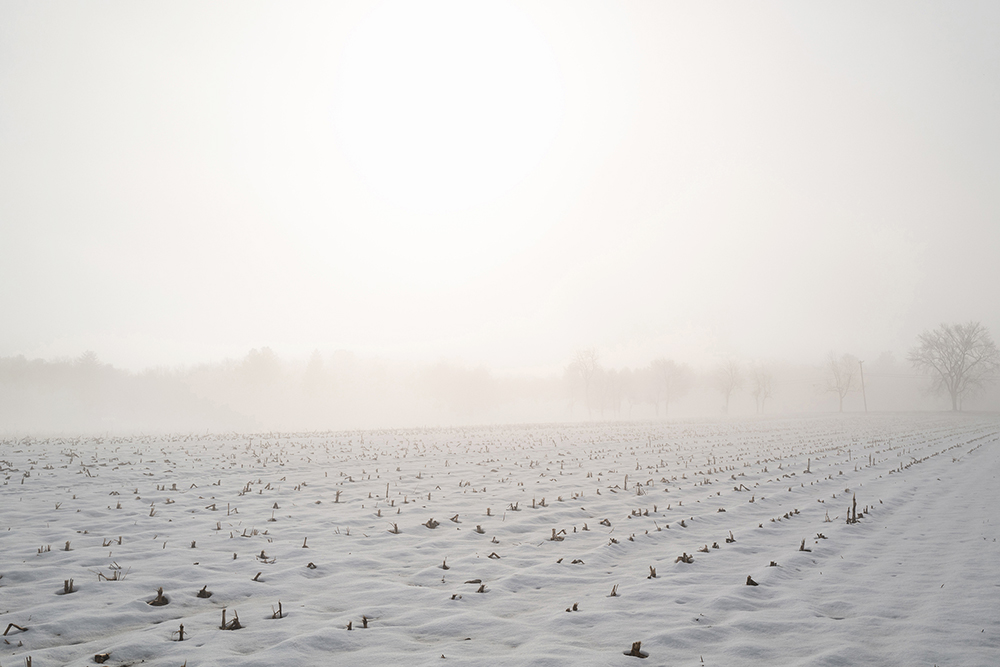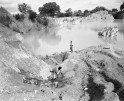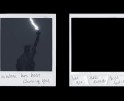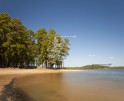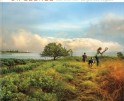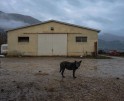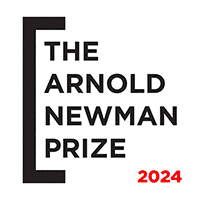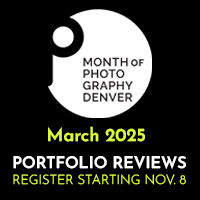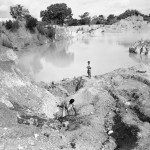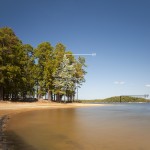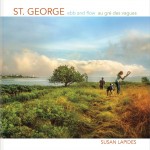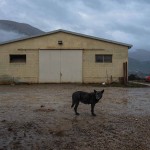Ellen Harasimowicz: Living Like Grass
I create visual stories about human connections to the natural world. I am concerned about how we use our natural resources, like land and water, and how they sustain us. My photographs celebrate the strength and resilience of people rooted in a place with deep connections to their community.
Ellen Harasimowicz has created a beautiful and poignant project focused on the life and last years of a family farm in Massachusetts. This years-long effort, with deep seeing and understanding of the difficulties and the rewards of farming life, is in fact a tribute of the day-to-day experience of tending to the land. Harasimowicz comes to the project with a background in visual reporting, working for the Boston Globe and other publications, but she also brings the vision of an artist, sharing a metaphorical telling of beauty, commitment, and labor. This is in fact, a love letter to the land, to an institution, and to a family, crafted with heart and concern and intimacy.
Harasimowicz is exhibiting this work at Three Stones Gallery in Concord, Massachusetts through June 18th, with an opening reception on May 20, 6:30-8:00 pm.
Ellen Harasimowicz is a visual storyteller exploring themes of community and connection to our place in the natural world. She started her career in documentary photography, working primarily for the Boston Globe, and later specialized in education and NGO photography. Harasimowicz produced award-winning children’s books about nature with publishers Houghton Mifflin Harcourt, Henry Holt, Millbrook, and Charlesbridge. Assignments and personal projects have taken Harasimowicz to more than thirty countries, including remote locations like Nagaland in India, where she photographed the Konyak people, and the Andaman Sea in Myanmar, where her work focused on the Moken who traditionally have lived a semi-nomadic life on the water but are being forced to live on land. Harasimowicz’s experiences led her to believe that all beings are bound up in a larger system and to have the healthiest system, we must take care of one another. In 2022, Harasimowicz received her MFA from Maine Media College.
Follow Ellen Harasimowicz on Instagram: @ellenharas
Living Like Grass
We all live in nature, but some live in it more intimately. The small family farmer makes his mark on the land, and the land provides nourishment and income for his family. Tables overflowing with vegetables at the local farm stand give the impression of prosperity. Still, it’s difficult for farmers to earn a living wage, and finding hired help is nearly impossible. For many small family farmers, this way of life is vanishing.
I’ve been coming to Willard Farm in Still River, Massachusetts for almost three decades to buy sunflowers, corn, tomatoes, and pumpkins. I look forward to the abundance of produce every season, but recently, there seem to be fewer varieties of vegetables. There are no giant pumpkins, and there’s less corn – the result of changing weather patterns and aging farm workers.
For the last twenty years I have photographed the farm, interested not only in the legacy of this land, but also in the details, large and small, of farm life. During the pandemic, when just about everything shut down, farmers still planted crops and farm stands remained open. Willard Farm became a kind of refuge for me. I witnessed the beauty of nature’s cycles repeating in all seasons. Farm tasks, too, repeated daily, monthly, and yearly. And over time, I saw the overwhelming toll this relentless work takes on those who tend to the land.
The primary farmer, Paul, is 80 and shares the family farmhouse with his brother Wendell, a cabinet-maker, and Wendell’s wife, Elizabeth Cooper, a poet. The title of this project comes from one of Elizabeth’s poems. This past winter, Paul’s primary farm worker died unexpectedly, and his apprentice found a new job. For nearly 350 years, nine generations of Willards have lived and farmed here, digging in the same soil as their ancestors going directly back to the Nashaway, a people who didn’t believe in land ownership. Paul and Wendell will most likely be the last.
When I ask Paul what his plans are for the future, he says, I don’t have any real plans. I think I’m just going to wind down. Keep doing what I’m doing, but less of it, and slower. And someday, slow will be indeterminable from still. And then we’ll be done.- Ellen Harasimowicz
Living Like Grass
by Elizabeth Russell Cooper
Is it absolute disgrace
to live like this –
plain, ordinary, low –
without ambition
any more than grass
is ambitious,
except to live
and to fill in
what of the earth
is left to it?
Not all of us
can be hardy,
fecund, or particularly
ornamental.
There are the trees, reaching
above the ground,
known by their fruits,
and there is the ground
where the fruit will fall.
There are the lilies,
to name a name,
those standouts of the field,
and there is the field
against which they show
to such advantage.
What if we live
a monochromatic,
unremarkable existence?
What if we make no nice
distinctions between
the sheep and the goats
and all others
who walk over us,
cut us, and keep us
to our place?
What if we are common?
The common is not
necessarily without use.
It may be our grace
simply to live as we are:
living like grass,
living at all.
“I will stop farming when I can’t, but I will be farming something right up until the end. I think I’m just going to wind down, keep doing what I’m doing, but less of it and slower. And someday, slow will be indeterminable from still. Then we’ll be done.”- Paul Willard
“Today the cost of producing anything is way out of line. A dollar gets spent almost before you earn it because of the cost of pesticides, diesel fuel, labor, insurance – everything has gone up. You can only get so much for a tomato.”- Paul Willard
Posts on Lenscratch may not be reproduced without the permission of the Lenscratch staff and the photographer.
Recommended
-
Joe Reynolds in Conversation with Douglas BreaultOctober 7th, 2024
-
Melissa Grace Kreider: i will bite the hand that feedsSeptember 25th, 2024
-
Marco Yat Chun Chan: Dollar Landscape and Savannah TreesSeptember 24th, 2024
-
Susan Lapides: St. George: Ebb and FlowSeptember 3rd, 2024
-
Fabio Moscatelli: Dogs of WarSeptember 2nd, 2024

